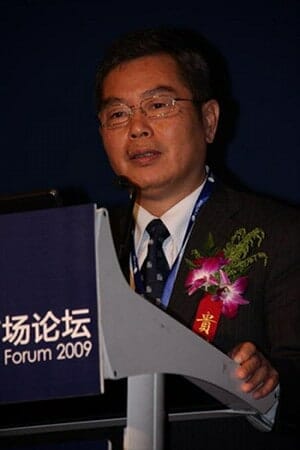China’s central government seems to be getting its wish as investment in the country’s real estate sector slowed in May due to slower sales and tightened credit. Now the challenge remains to encourage healthy economic growth in 2014 without the usual contribution from the property industry.
According to figures released on Friday by the National Bureau of Statistics, investment in real estate rose 14.7 percent to RMB 3.07 trillion (US$494 billion) during the first five months of 2014, slowing from the overall rate of 16.4 percent recorded during the period from January through the end of April.
These latest government numbers also indicated an 8.5 percent slowdown in property sales from January through May when compared to the same period last year, revealing one of the major forces behind the pullback in new development projects.
Home sales for May alone were down 11 percent compared to last year, despite recent attempts by the central bank to boost mortgage lending, and moves by some cities to loosen restrictions on home sales in the last few months. Earlier surveys by private research agencies have shown similar results, with Soufun.com reporting earlier this month that 62 percent of China’s cities recorded falling home prices during May.
Accordingly, new construction start also fell 18.6 percent during January to May compared to the first five months of 2013, a trend that has continued for the last four months in a row.
Government Thinks Risks are Under Control
As if in answer to the downbeat market statistics, an official from China’s leading think tank stated on Friday that the current real estate market correction is under control and the country’s economy is strong enough to manage its impact.
“Based on our research, the risks from the property market are still controllable,” Li Yang, vice-president of the Chinese Academy of Social Sciences, was cited as telling an audience at the China Insurance Development Forum.
Li explained that, the value of properties held by individual homeowners is still much higher than their mortgage obligations, which limits the risk of panic selling.
At the same conference, Liu Mingkang, former chairman of the China Banking Regulatory Commission, played down any risks to the banking sector due to the slowing real estate market by pointing out that during the previous real estate correction of 2008-2009, banks managed their credit effectively even though property prices fell much more sharply than they have this year.
Settling Down After a Big Year
The slowdown in 2014 is to no small extent driven by the dramatic upturn that happened last year. According to the Bureau, property investment in the first five months of 2013 jumped 20.6 percent compared to 2012, and property sales for the full year increased by 27 percent.
2013’s high growth rate numbers had been helped along to no small extent by a slower market in 2012, when average property prices increased a relatively modest 11 percent over what was recorded in 2011.
After years of breakneck growth in the property market leading up to the global financial crisis in 2008, the story of China’s real estate investment has been a series of almost annual swings between overinvestment followed by retreat.
This year’s performance is beginning to look like a repeat of 2012 when the nation pulled back from a government stimulus-inspired bull market in 2009 and 2010. If the central authorities can refrain from taking any major measure re-inflate demand, then there may be some hope of getting the real estate industry on a steadier course in the years to come.

Leave a Reply